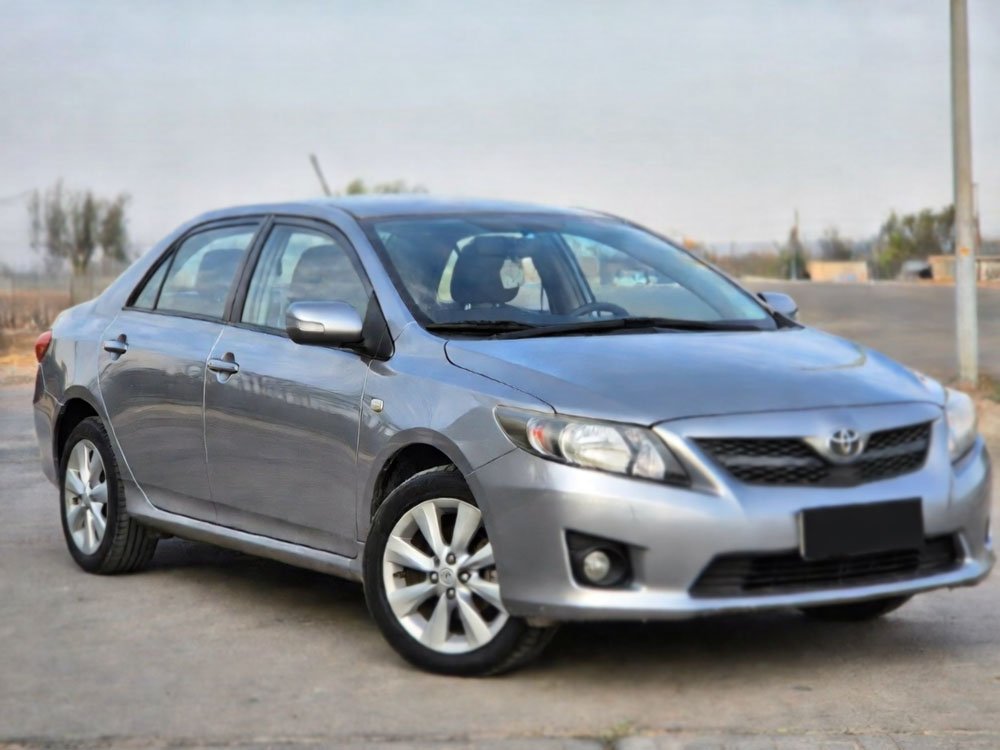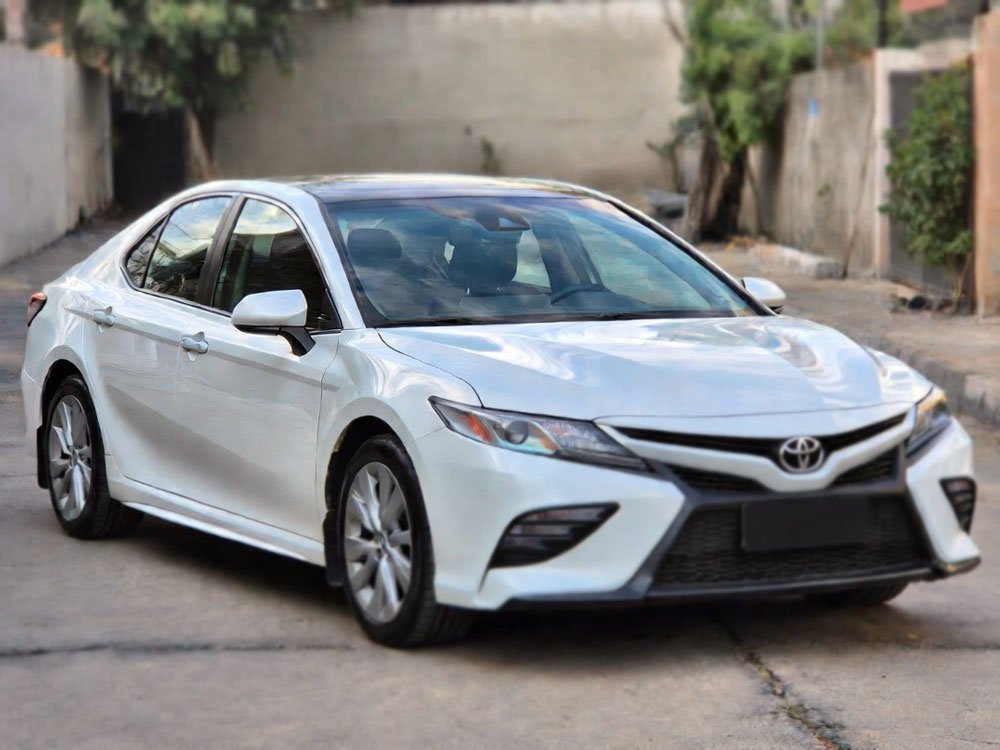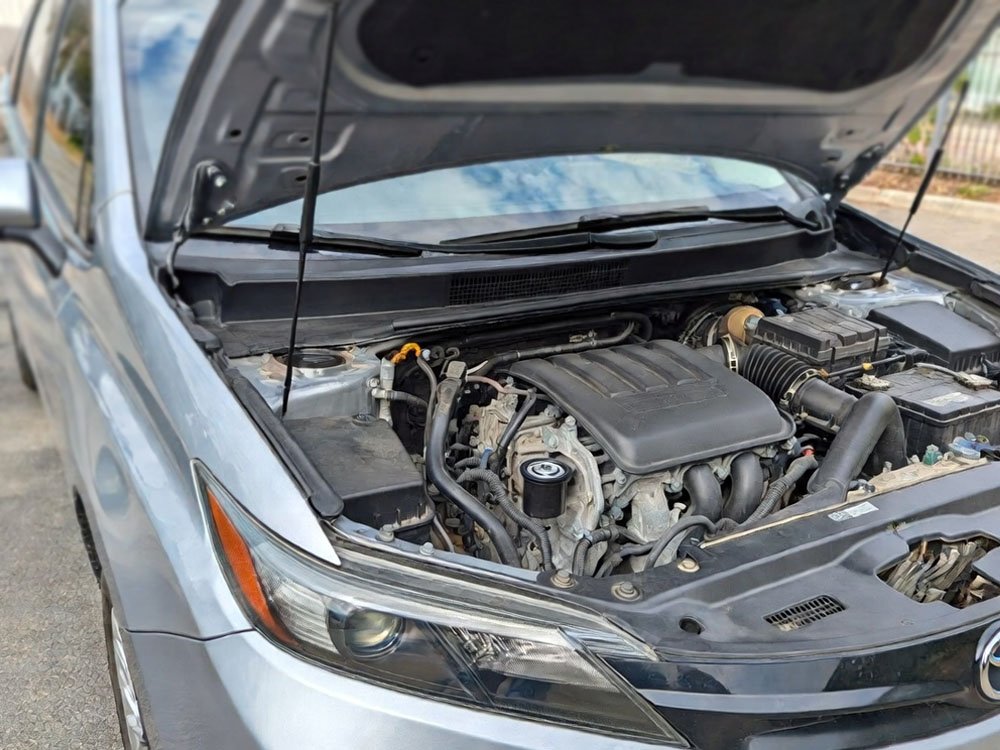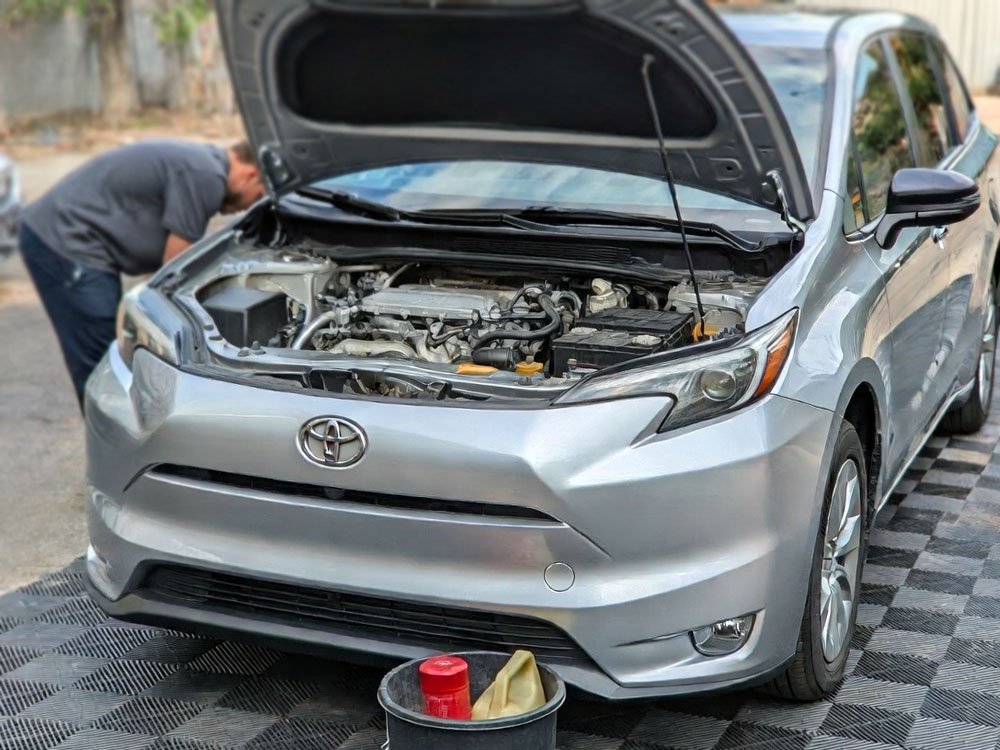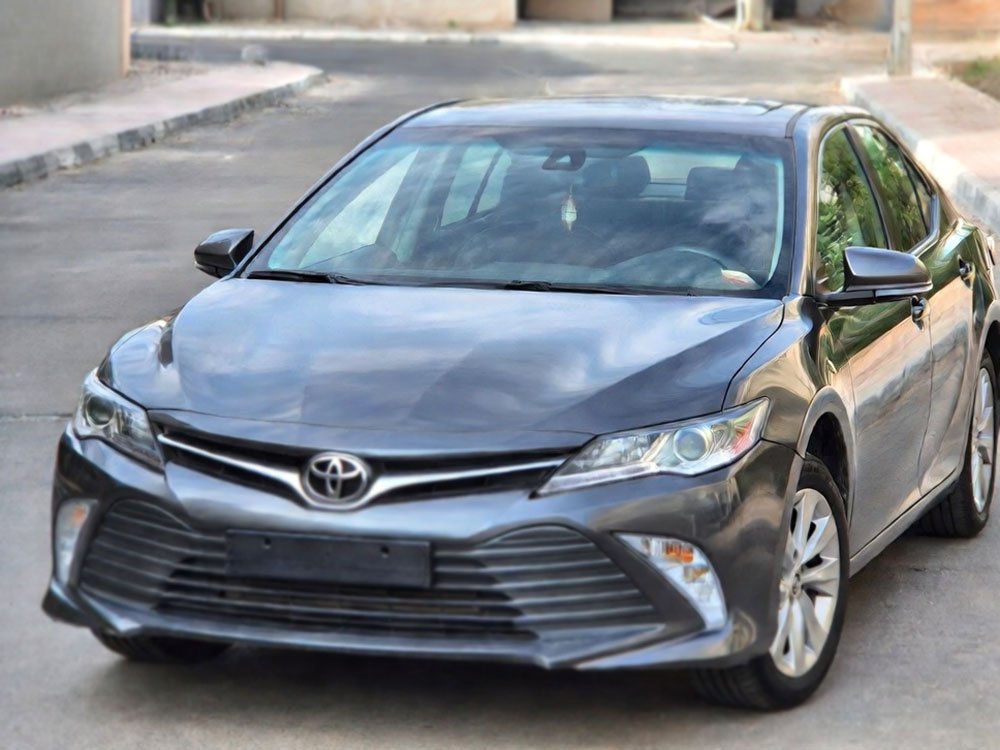As an Amazon Associate, I earn from qualifying purchases at no extra cost to you.
How Long Should Your Car Fan Run After Turning Off?
We've all been there, right? You turn off your car, get out, and walk away, but then you hear that sound—the fan still running. You might think, “Is this normal?” or “Should I be worried?” Don't worry! It’s actually pretty common for a car fan to keep running for a little while after the engine shuts off. In this article, we're going to explore exactly why this happens, how long it should last, and when it's a sign of something that might need attention.
Let's dive into it and make sure you know everything you need to about your car fan!
Why Does the Car Fan Run After the Engine is Off?
The sound of your car fan running after you’ve switched off the engine can be surprising, but it's actually a helpful feature in many modern vehicles. When your engine has been running for a while, it gets hot. The car’s cooling system, which includes the radiator and fan, works hard to keep the engine temperature stable. But sometimes, even after you turn off the car, there's still heat trapped in the engine. This is when the fan kicks in.
The fan keeps running to cool down the engine so it doesn’t overheat. This process helps prevent damage to the engine and keeps the car in good working condition. While this might seem unusual at first, it's just the car doing its job, keeping things cool under the hood.
What Happens Under the Hood?
When your engine runs, it generates heat. The cooling system, which includes the radiator, coolant, and a fan, helps manage that heat. The fan draws air through the radiator, helping to cool the coolant before it circulates back into the engine. But sometimes, after the engine stops, there's still some leftover heat in the engine block, radiator, or other parts.
This leftover heat can continue to be a problem for a little while, especially if you've been driving in hot weather or have been using the air conditioning. The fan helps to remove that heat and cool everything down before it causes damage. So, when the fan continues running, it’s doing its part to make sure your engine stays in top shape.
How Long Should the Fan Run?
Now, the big question: How long should the car fan keep running after you've turned off the engine? The answer depends on a few things, but don't worry, it's usually nothing to stress about. In most cases, the fan will run for about 5 to 10 minutes after you turn off the car. This helps ensure the engine cools down completely.
However, the duration can vary based on several factors, including:
- The temperature of the engine: If you've been driving in hot conditions, the engine may need a little more time to cool down.
- The type of cooling system in your car: Some modern cars have a cooling system that's designed to run the fan longer, especially if they're equipped with a turbocharger or other high-performance parts.
- The condition of your cooling system: If your cooling system is in good shape, the fan should turn off once the engine reaches the right temperature. But if there's a problem with the system (like low coolant levels), the fan might run longer than usual.
Is the Fan Always Running After You Turn Off the Engine?
Not all cars will have the fan running every time you turn off the engine. Some cars have a system where the fan only kicks on if the engine has been working hard and has heated up to a certain point. If you're in a situation where you've been driving in normal conditions or haven't been using the air conditioning heavily, your fan might turn off right after the engine stops.
When Should You Worry About the Fan Running After Turning Off the Engine?
Now that we know the fan running is mostly normal, let's talk about when you might need to be concerned. In some cases, the fan running for too long could indicate an issue with your car’s cooling system.
Fan Running Too Long
If your car's fan keeps running for a lot longer than usual (let's say 20 to 30 minutes after the engine has been turned off), there might be a problem. One possibility is that the engine is overheating, and the fan is doing its best to cool things down. Another cause could be an issue with your car's temperature sensor, which tells the fan when to stop running.
If the fan keeps running for a long time after the engine has been switched off, it's a good idea to have your cooling system checked by a professional mechanic. Overheating engines can cause serious damage, so it's always best to catch any problems early.
Constant Fan Noise
Another thing to watch out for is if the fan runs all the time, even when the car is on. If the fan is constantly running, even when you're driving, it could signal a problem with the cooling system, such as a faulty thermostat or a problem with the fan relay. It's also possible that there's an issue with the fan itself, like a worn-out motor or a buildup of debris blocking airflow.
If you notice this, it's time to get your car checked to avoid bigger issues down the road.
How to Prevent Fan Problems and Ensure Proper Cooling
Keeping your car's cooling system in good condition is key to avoiding problems with the fan. Regular maintenance is essential for ensuring that your engine stays cool and your fan functions properly.
Regular Maintenance Checks
One of the most important things you can do is keep up with regular maintenance checks. This includes checking the coolant levels, making sure the radiator is clean and clear of debris, and ensuring that the thermostat is working properly. You should also get your car’s fan and cooling system inspected periodically, especially if you’re noticing any unusual behavior from the fan.
Check for Leaks
Coolant leaks are another common cause of cooling system problems. If your car is leaking coolant, it can affect the performance of the radiator and fan. Regularly check for any signs of coolant leaks, such as puddles under the car or a sweet smell inside the cabin. If you notice any issues, take your car to a mechanic right away.
Replace Worn Parts
As parts in the cooling system wear out, they can start to cause problems. Over time, the fan motor, thermostat, or radiator may need to be replaced. Replacing these parts before they break down completely can help you avoid more costly repairs and keep your car's engine running smoothly.
I hope this article helped you understand why your car fan runs after you turn off the engine, and when it might be time to worry. Keeping an eye on the fan's behavior and maintaining your car's cooling system will help ensure everything stays in top shape for the long haul.
Frequently Asked Questions
Is it normal for the fan to run after turning off the engine?
Yes, it is normal for the car fan to keep running for a little while after the engine is turned off. This helps cool down the engine and prevent overheating.
Can the fan run for an extended period of time?
In some cases, the fan can run for 20 to 30 minutes, especially if the engine was running in hot conditions. However, if it runs longer than this, you might need to get your cooling system checked.
Do I need to worry if the fan runs constantly?
If the fan is running all the time, even while driving, it could indicate a problem with your car’s cooling system. It’s a good idea to have it checked by a mechanic.
Is it possible that the fan running means the engine is overheating?
Yes, sometimes the fan keeps running after the engine is turned off to help cool down an overheating engine. If the fan runs for an extended period, it could indicate overheating.
Can I drive my car if the fan is running when I turn it off?
Yes, as long as the fan runs for the usual time and shuts off, it’s safe. But if it runs for too long or if you notice any other issues, you should have the system checked.
Do I need to turn off the fan manually?
No, the fan should turn off automatically once the engine cools down enough. You don’t need to worry about turning it off yourself.
Is it safe to leave the car while the fan is running?
Yes, it's perfectly safe to leave your car while the fan is still running. It's just cooling the engine, and it'll shut off once everything is cool enough.
Can a dirty radiator cause the fan to run longer?
Yes, a dirty or clogged radiator can affect the efficiency of the cooling system, causing the fan to run longer than usual to cool the engine down.







